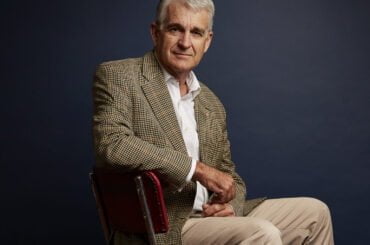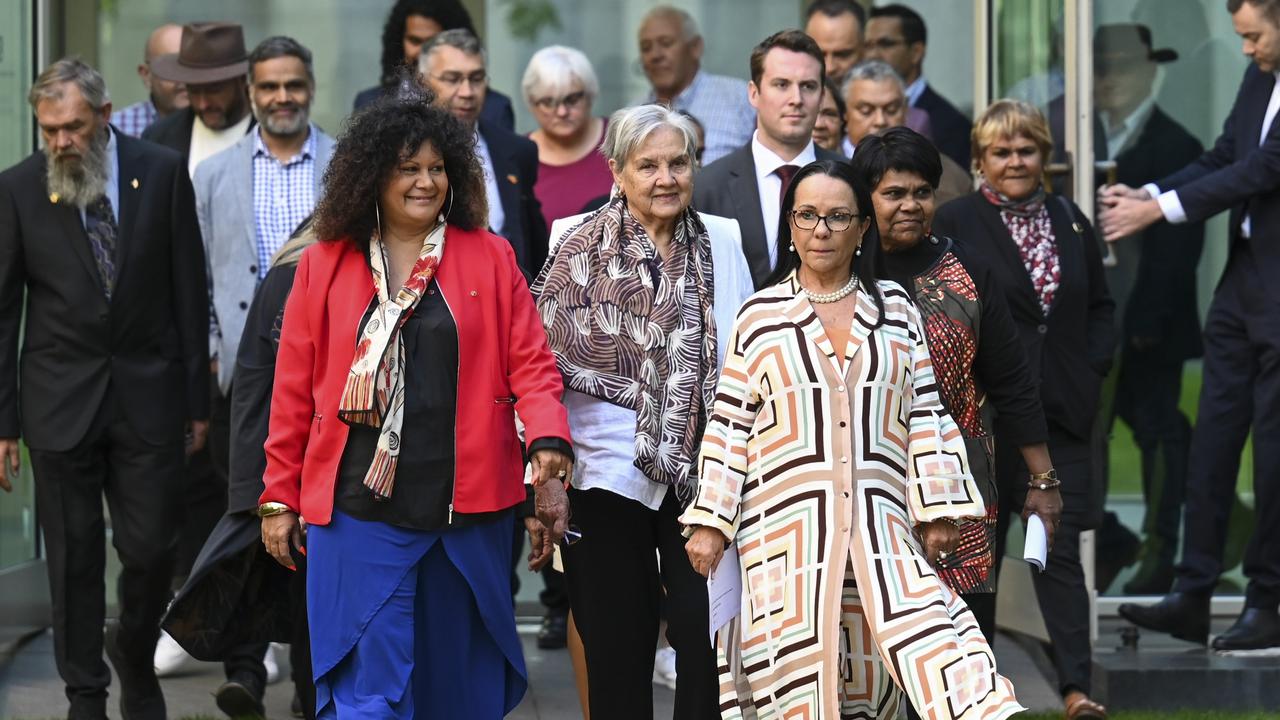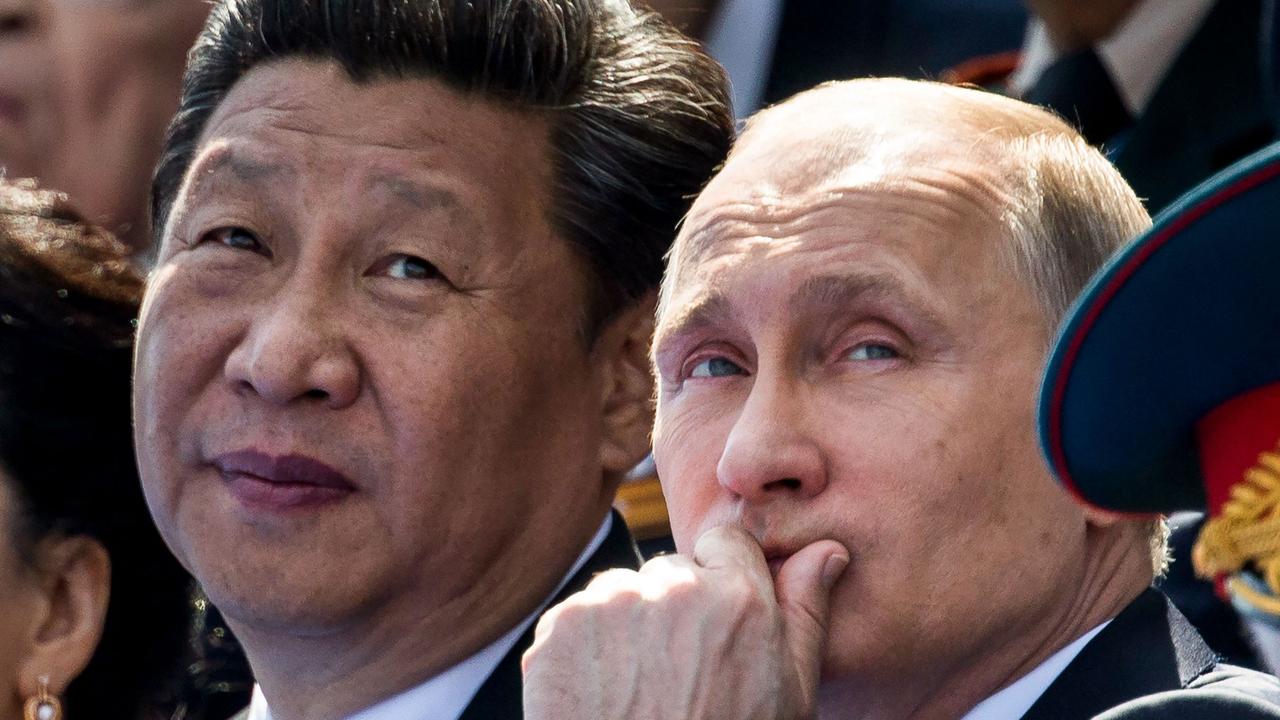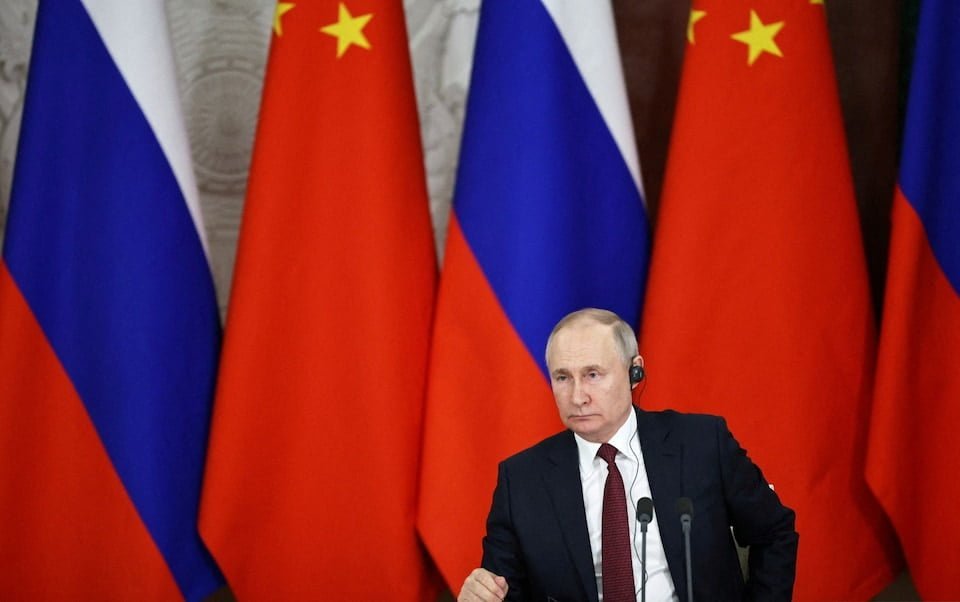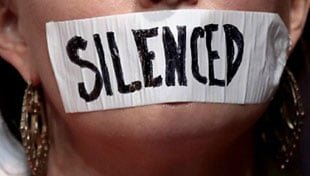
Do we support free speech or revert to McCarthyism?
“I disapprove of what you say, but I will defend to the death your right to say it,” wrote Evelyn Beatrice Hall.
This famous adage reflects certain necessary principles of a truly free society. It recognises that all members of the public enjoy the same standing and dignity, and so have the right to freely express their convictions, seek answers to questions asked in good faith, and expect that all will listen with respect to the responses to those questions. Such a process is the best way to establish good policy because it ensures that ideas rather than their proponents are in focus.
These essential elements go to the heart of the dependence of civil society on free speech and the respect for others that free speech depends on. It is impossible to extract the best possible policy from a distorted, truncated or — worse — silenced debate.
Yet it seems that this could be where we are heading given the state of public and political discourse in this country. A quick glance at recent events reveals images of a former prime minister being roughly handled by shouting protesters in the Sydney business district; the proceedings of a well-known television program being disrupted by threats and imprecations from a member of the audience; a union leader blithely announcing that they will obey the law only selectively and being applauded for their position; the sad death of a political cartoonist who died of a heart attack and whose eulogies served as a damning testimony of a society where he not only had to live in hiding as a result of his work but was persecuted by an extra-governmental commission for drawing a cartoon about a crucially important social issue; the increasing evidence of intimidation in the corporate sector based on personal beliefs; and it is now apparent that the vexed discussion about energy provision has become a deterrent against continued Australian operations by the companies we need to help us fix this serious problem.
An old Aussie saying that sadly is not in use, or in practice, any more is “Jack is as good as his mate.” This simple phrase spoke to the deeper truth that we all have an equal right to have our voice heard.
Unfortunately, there are people with too much influence in our country who desire to turn this vitally important principle on its head. It seems their objective is to “fight to the death” to ensure that some people are so belittled and humiliated or so threatened with financial ruin that they become afraid to express or put into practice their beliefs. They are increasingly empowered by a relentless focus on “progressive” values usually accompanied by a deep loathing of our Western heritage. This cuts us off from our roots and discourages us from passing on to future generations the stories of our beliefs and heroes that gave us those ideals. If we continue in this manner, the words of Karl Marx will ring true: “If you can cut the people off from their history, then they can be easily persuaded.”
It seems to me that much that is described as progressive today is in fact regressive. We are reverting to a form of tribalism that is epitomised by identity politics. Instead of appealing to and identifying with our common values and our common interests, there is an increasing emphasis on those things that separate us, and making these divisions the core of our identity.
It is telling that so many commentators — Graham Richardson, from the other side of politics to me, the latest among them — are referring to it as a “new totalitarianism”. Unfortunately, it appears that there is justification for such warnings, as ever more draconian measures are taken to silence unpopular views, and history shows us how dangerous such driftage can be.
Enough has been said about the recent campaign against Coopers Brewery where the production of a civilised video resulted in the production of another video, the latter almost hostage-like. Now we see IBM’s Mark Allaby being successfully pressured to resign from the board of the Lachlan Macquarie Institute, after previously being coerced to step down from the board of a faith-based organisation, due to an alleged conflict between his private activities and the company’s diversity policies. Allaby’s plight is not merely one of freedom of speech but freedom of association, and leads one to question whether and to what extent job applicants will have to disclose private activities and associations to potential employers. Will employment no longer be offered on the basis of skills, integrity and ability but of politically correct assessment of one’s beliefs and associations? Are we witnessing the emergence of a new McCarthyism? What sort of society will that produce?
Notably, the same concerns do not appear to arise in relation to statements made by a small number of business and sports executives in their “private” capacity who recently wrote to the Prime Minister to seek the redefinition of marriage through a parliamentary, rather than a people’s, vote. If the goal is truly to embrace diversity in these companies, then surely fairness demands an acceptance of a diversity of views?
The way we debate has become a greater matter of concern than the individual issues themselves, no matter how important those issues may be. This goes to the heart of the way we are going to treat one another and therefore what type of society we want to be.
Australia faces a choice: do we allow the level of our public discourse to further disintegrate so that we become a society that is essentially ungovernable, or do we rededicate ourselves to the idea that we share in a common humanity that permits and in fact demands that people are allowed to raise their voices without fear of persecution?
John Anderson was deputy prime minister of Australia from 1999 to 2005.
Originally published in The Australian
Original Article
